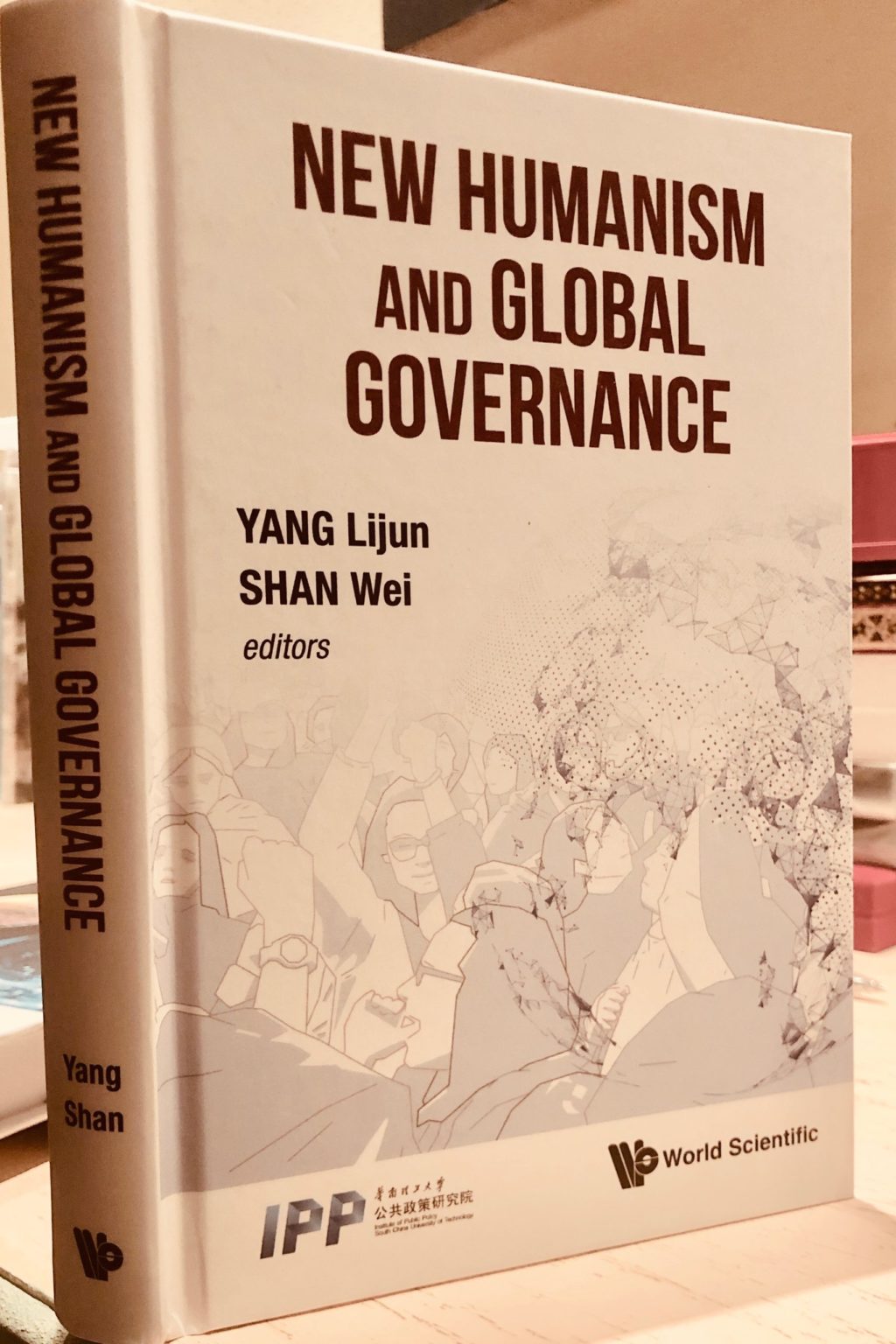The two important and shocking events of 2016 — Britain’s exit from the European Union (Brexit) and Donald Trump’s election victory — triggered enormous backlashes worldwide. It would seem to indicate that today’s governance and world order has met its most tur- bulent transitional period. At the domestic level, the existing political, economic and social systems are falling far short of its expectations. At the global level, the U.S.-led world order is facing multiple challenges due to the relative decline of American power and the rise of emerging powers like China and India. This could turn out to be the biggest institutional and governance crisis the world has ever seen since the World War II.
Such a crisis has its roots in today’s politico-economic context. While most countries, economically speaking, were quick enough to reap the fruits of the last phase of globalization for their own profit, none has been resilient enough to cope with devastating conse- quences that are associated with globalization, such as the widening of income inequality gaps, the decline of middle class, social division and illegal immigration. Government incompetence, in turn, has led to the spread of anti-globalization and anti-immigrant sentiments, trade protectionism and economic nationalism, particularly in Europe and the U.S.
Politically speaking, many democratic systems are facing unprecedented challenges. To a degree, democracy has been “hijacked” either by capitalists to maximize their profits or by voters to demand better welfare. Over time, xenophobia and nationalism have become common social phenomena. Europe has witnessed the rise of far-right political forces. The European Union (EU), which is designed to pro- mote peace and prosperity in post-World War II Europe, is now in danger of collapse. Social injustice and inequality are serious problems for Asian authoritarian systems while state governance remains effec- tive. Asia too is facing geopolitical conflicts caused by territorial dis- putes, the North Korean nuclear threat and the deployment of Terminal High Altitude Area Defense system (THAAD) in South Korea. The Middle East region is increasingly turning into a hot bed for radical Islamism. Hence, they are sources of global instability.

